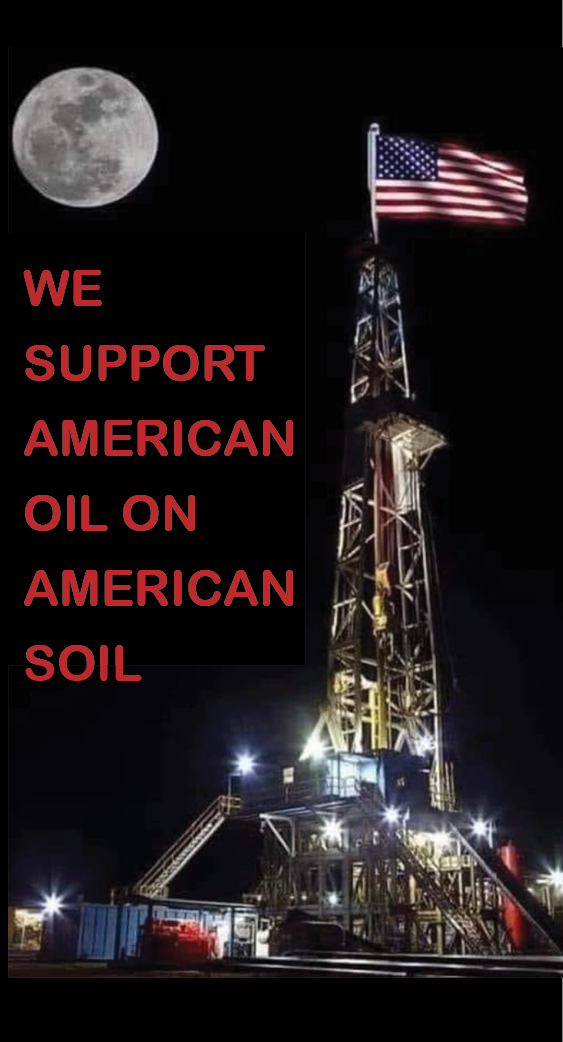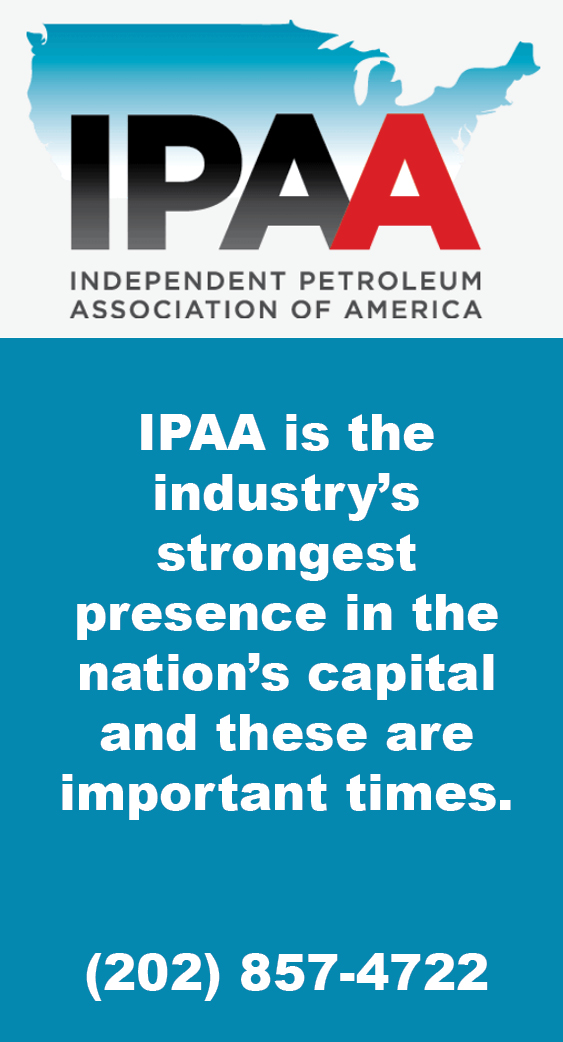Edwin Drake Drilled the First Oil Well in Pennsylvania in 1859
The history of the oil business as we know it began in 1859 in Pennsylvania, thanks to Edwin L. Drake, a career railroad conductor who devised a way to drill a practical oil well.
Before Drake sank his first well in Titusville, Pennsylvania, people around the world had gathered oil for centuries around “seeps,” places where oil naturally rose to the surface and came out of the ground. The problem with collecting oil in that manner was that even productive areas didn’t yield large amounts of oil.
In the 1850s, new types of machinery being produced increasingly needed oil for lubrication. And the main sources for oil at the time, whaling and collecting oil from seeps, couldn’t meet the demand. Someone had to find a way to extract oil from the ground.
The success of Drake’s well essentially created a new industry, and led to men such as John D. Rockefeller making vast fortunes in the oil business.
EDWIN DRAKE ENTERS THE OIL BUSINESS
Edwin Drake had been born in 1819 in New York State, and as a young man had worked at various jobs before finding employment in 1850 as a railroad conductor.
After about seven years of working on the railroad he retired due to ill health.
A chance encounter with two men who happened to be the founders of a new company, The Seneca Oil Company, led to a new career for Drake.
The executives, George H. Bissell and Jonathan G. Eveleth, needed someone to travel back and forth inspecting their operations in rural Pennsylvania, where they collected oil from seeps. And Drake, who was looking for work, seemed like the ideal candidate. Thanks for his former job as a railroad conductor, Drake could ride the trains for free.
THE FIRST OIL WELL WAS KNOWN AS “DRAKE’S FOLLY”
Once Drake began working in the oil business he became motivated to increase production at the oil seeps. The solution seemed to be to dig into the ground to get to the oil, and at first Drake set about digging a mine. But the effort ended in failure as the mine shaft flooded.
Drake reasoned that he could drill for oil, using a technique similar to that used by men who had drilled into the ground for salt. He experimented and discovered iron “drive pipes” could be forced through the shale and down to where oil deposits were likely to be.
The oil well Drake constructed was called “Drake’s Folly” by some of the locals, who doubted it could ever be successful. But Drake persisted, with the help of a local blacksmith he had hired, William “Uncle Billy” Smith. At a slow progress, three feet a day, the well kept going deeper, until, on August 27, 1859, it reached a depth of 69 feet.
The next morning, when Uncle Billy arrived to resume work, he discovered that oil had risen through the well. Drake’s idea had worked, and soon the “Drake Well” was producing a steady supply of oil.
THE FIRST OIL WELL WAS AN INSTANT SUCCESS
Drake’s well brought oil up out of the ground and it was funneled into whiskey barrels. Before long Drake had a steady supply of about 400 gallons of pure oil every 24 hours, a stunning amount when compared to the meager output that could be collected from oil seeps.
Other wells were constructed. And, because Drake never patented his idea, anyone could use his methods. In fact, Drake himself only drilled two more wells before leaving the oil business and living out most of the rest of his life in poverty.
Within two years there was an oil boom in western Pennsylvania, with wells that produced thousands of barrels of oil a day. The price of oil dropped so low that Drake and his employers were essentially put out of business. But Drake’s efforts showed that drilling for oil could be practical.
In recognition of Drake’s efforts, the Pennsylvania legislature voted to award Drake a pension in 1870, and he lived in Pennsylvania until his death in 1880.
- By: Robert Mcnamara, About Education






















